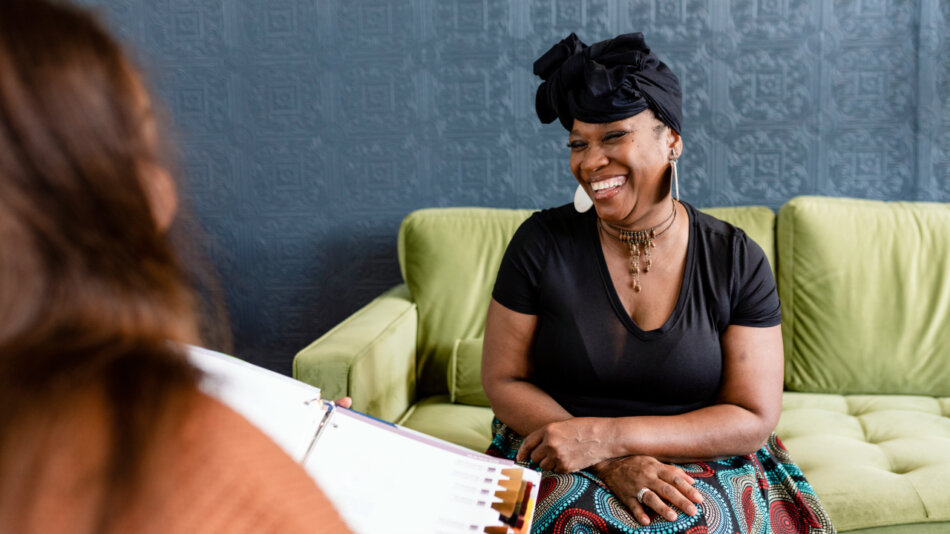Understanding behavioral disorders
When your teen exhibits chronic defiance, impulsivity, aggression or symptoms of ADHD and oppositional defiant disorder, you want solutions that offer structure, consistency and measurable progress. Structured therapy for teen behavioral improvement combines evidence-based methods, a predictable framework and professional support to help your child learn healthier coping skills. In this article, you’ll find clear guidance on common behavioral disorders, how structured programs work, and what to look for when choosing a therapy that your insurance will cover.
Common teen disorders
Teens with conduct and impulse control challenges may receive diagnoses such as:
- Attention-deficit/hyperactivity disorder (ADHD)
- Oppositional defiant disorder (ODD)
- Conduct disorder (CD)
- Intermittent explosive disorder
- Co-occurring anxiety or depression
You can explore targeted options like treatment for teens with ADHD and ODD or therapy for conduct disorder in teens depending on your teen’s primary concerns.
Signs to watch for
Behavioral problems often present as:
- Frequent arguments with authority figures
- Defiance or refusal to follow rules [1]
- Impulsive actions that risk safety [2]
- Physical aggression or severe irritability [3]
- Sudden drops in academic or social performance
Early recognition of these patterns positions you to seek structured therapy programs that address both behavior and underlying emotions.
Benefits of structured therapy
Putting your teen into a structured program offers more than weekly talk therapy. You gain access to interventions proven to reshape thinking, teach emotional regulation and provide accountability in a consistent setting.
Key advantages include:
- Evidence-based interventions that drive real change
- Regular skill practice and homework assignments
- Ongoing progress monitoring and data on improvement
- Integration of family support and communication training
- Coverage under most major insurance plans when you choose an in-network provider
By choosing a behavioral modification program for teens that integrates multiple therapies, you ensure your teen receives comprehensive care.
Types of structured therapy
Structured therapy programs use a combination of individual, group and family approaches. Below are the most common models you’ll encounter.
Cognitive Behavioral Therapy
CBT helps teens identify distorted thought patterns and replace them with practical coping strategies. Research indicates CBT leads to a 49.4% remission rate in anxiety symptoms among youth, compared with just 17.8% in untreated peers [4].
Techniques and outcomes
- Cognitive restructuring: challenge overgeneralization and catastrophizing
- Exposure therapy: gradual confrontation of feared situations
- Skills training: time management, social problem-solving
- SMART goal setting: measurable objectives for behavior change
Homework assignments reinforce new habits between sessions, while parental involvement boosts success rates.
Dialectical Behavior Therapy
DBT adapts cognitive-behavioral techniques with mindfulness to help teens manage intense emotions, reduce self-harm behaviors and improve relationships.
Core modules
- Mindfulness: staying present without judgment
- Distress tolerance: coping with crises effectively
- Emotion regulation: identifying and altering emotional responses
- Interpersonal effectiveness: strengthening communication and boundaries
DBT is especially effective for teens struggling with impulsivity, self-injury or suicidal thoughts [5].
Family-based therapies
Involving caregivers in therapy reinforces new skills at home. Structural–strategic family therapy (SSFT) combines systemic strategies to improve family dynamics and teen behavior.
Structural–strategic family therapy
A study in Southern Spain (2009–2012) found SSFT significantly reduced adolescents’ internalizing and externalizing problems, while parents reported higher cohesion and parenting satisfaction [6]. Sessions focus on:
- Clarifying family roles and boundaries
- Strengthening cooperative problem-solving
- Teaching authoritative parenting techniques
When family members learn to communicate effectively, teens receive a stable support system for lasting behavioral improvement.
Specialized group programs
Group settings let teens practice social skills with peers facing similar challenges. One notable model is SPARCS.
SPARCS model
Structured Psychotherapy for Adolescents Responding to Chronic Stress (SPARCS) is a 16-session, strength-based group program for youth exposed to ongoing stress or trauma. It addresses:
- Affect regulation and impulse control
- Relationship building
- Self-perception and meaning-making
- Coping with chronic trauma
SPARCS is updated regularly and can be implemented in schools, clinics or residential settings [7].
Intensive day treatment
For teens needing more consistency than outpatient therapy, psychiatric day treatment programs (PDTs) operate 5–7 days per week, offering several hours of therapy daily.
Day treatment features
- Individual and group CBT exercises
- DBT skills training modules
- Family therapy sessions
- Academic support and life skills workshops
These programs maintain community ties while delivering structured care [8]. Find options like day treatment for impulsive or reactive teens in your network.
Navigating insurance coverage
Securing insurance approval for structured therapy requires clear steps to avoid unexpected costs.
- Review your plan’s mental health benefits
- Confirm in-network providers for adolescent behavior therapy covered by insurance
- Obtain a referral or prior authorization from your pediatrician or psychiatrist
- Verify coverage levels for individual, group and family sessions
- Keep records of treatment plans and progress notes for reimbursement
Having this information up front lets you choose a program without worrying about surprise bills.
Choosing the right program
When comparing structured therapy options, consider:
- Evidence base: look for programs grounded in CBT, DBT or proven family models
- Licensing and credentials: ensure therapists are licensed clinicians with teen experience
- Program format: outpatient, day treatment or residential based on severity
- Group size and staff ratio: smaller groups allow for more personalized attention
- Family involvement: check for integrated teen behavioral program with family therapy
- Duration and intensity: select a schedule that fits your teen’s school and family commitments
- Testimonials and outcome data: ask for remission or improvement statistics
Also explore specialized tracks like therapy for teens with impulsivity and stress or therapy for teens struggling with authority and conflict if they address your teen’s main challenges.
Supporting your teen
Your involvement can make or break the progress your teen makes in structured therapy.
Encouraging emotional regulation
- Practice mindfulness exercises together
- Use breathing techniques during high-stress moments
- Reinforce skills learned in therapy, such as distress tolerance [9]
- Create a calm home environment with clear routines
Involving family
- Attend joint therapy sessions when invited
- Maintain open, nonjudgmental communication
- Set consistent boundaries and follow through on consequences
- Celebrate small victories to build confidence
By reinforcing new habits at home, you help your teen generalize therapeutic gains into daily life.
Next steps
Structured therapy for teen behavioral improvement offers a roadmap to lasting change. You can begin by:
- Discussing observations with your teen’s pediatrician or school counselor
- Exploring in-network programs and gathering insurance details
- Scheduling an initial assessment to match your teen with the right format
- Engaging actively in the therapy process and maintaining open dialogue
With evidence-based treatments, family support and clear structure, you’ll empower your teen to develop healthier behaviors and stronger coping skills. For more guidance on programs and coverage, explore our resources on treatment for defiant or oppositional teens, behavioral disorder program that accepts insurance and teen behavioral counseling program.
References
- (treatment for defiant or oppositional teens)
- (therapy for teens with impulse control issues)
- (therapy for teens with aggression or irritability)
- (Mental Health Center Kids)
- (Talkspace)
- (International Journal of Environmental Research and Public Health)
- (National Child Traumatic Stress Network)
- (ilearn wellness)
- (teen anger management and emotional regulation)










